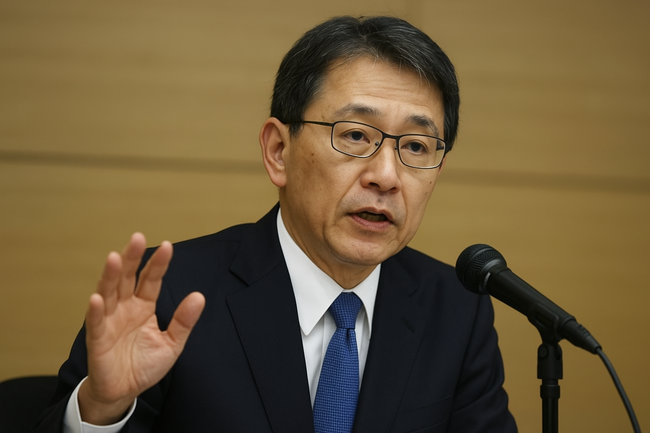Escrow-based governance refers to a system where funds or assets are held in escrow until specific conditions are met. This mechanism is often used to enhance trust and transparency during decision-making processes or transactions.In this setup, a trusted third party or smart contract ensures that the funds remain secure while requirements are being fulfilled. For instance, in a project participation scenario, contributors can agree on certain milestones that must be reached before their funds are released to a developer team. This creates accountability and encourages responsible behavior.Moreover, escrow-based governance can facilitate voting or consensus mechanisms in decentralized projects. Token holders can lock their tokens in escrow to participate in governance decisions, ensuring that their stakes are aligned with the outcomes. This fosters a sense of community and shared interest, as participants are financially committed to the project’s success.Overall, this approach enhances security and fosters collaboration by ensuring that all parties have clear incentives and responsibilities in the governance process.

BitMine Reports $13.4 Billion in Crypto and Cash Holdings
BitMine Immersion Technologies on Monday reported total holdings of $13.4 billion in cryptocurrency, cash, and equity stakes, reinforcing its position



